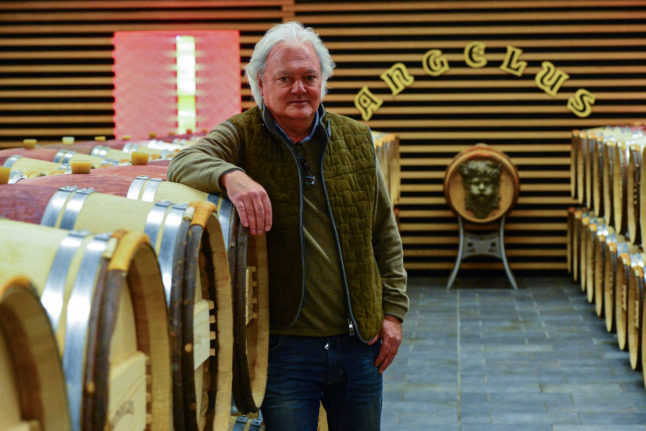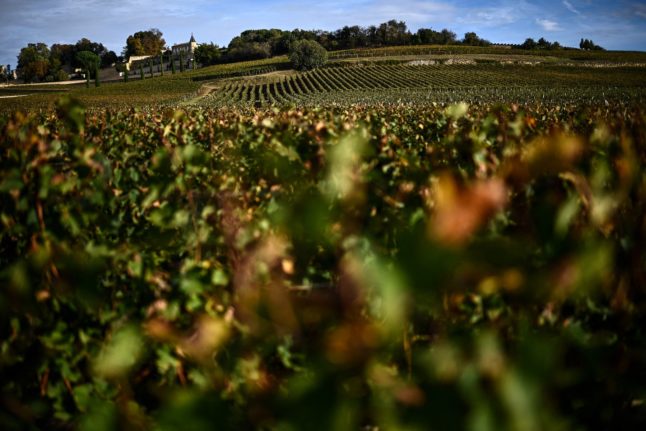Hubert de Bouard, co-owner of the Chateau Angelus of Saint-Emilion fame – whose bottles sell for hundreds if not thousands of euros – was fined €40,000 by a court in Bordeaux, southwest France.
De Bouard, 65, was charged with conflict of interest over his role in determining the Grand Cru rankings for Saint-Emilion wines from 2010 to 2012, which saw Angelus promoted to the top “A” ranking.
At the time he sat on the national wines committee for France’s National Institute of Origin and Quality (INAO), the guardian of the country’s strict food and wine appellations.
He was also member of the Saint-Emilion wine industry association that helped define the INAO criteria for the rankings.
Eight other vineyards where De Bouard was an adviser or director also got the coveted awards.
A fellow member of the INAO panel, Philippe Casteja, a wine merchant and owner of the Chateau Trotte Vieille – whose “B” ranking was upheld in 2012 – was acquitted.
Three rival vineyards excluded from the rankings joined the case as plaintiffs, saying the system had been rigged against them, though both De Bouard and Casteja denied any wrongdoing.



 Please whitelist us to continue reading.
Please whitelist us to continue reading.
I would like to know which other chateaux were implicated in this scandal.